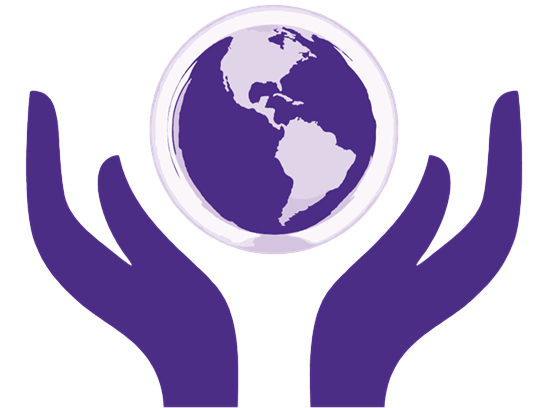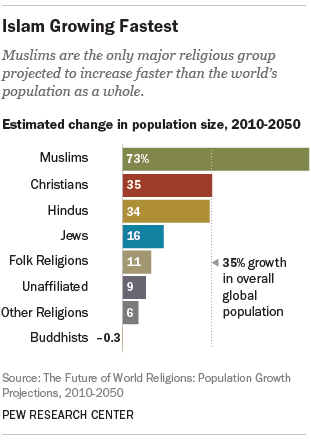Oppression takes many forms including oppression of religious and non-religious people, especially minorities. Race, ethnicity, color, national origin, sex, gender identity, sexual orientation, physical or mental disability or handicap, and other minority identities intersect with a person’s religious or non-religious identity. When looking at oppression of religious minorities, these intersections must be taken into consideration.
We believe that each individual deserves respect and equitable treatment from employers, schools, government agencies, and other organizations. Education is the key component of Meridian’s organizational design to diminish oppression, specifically oppression of religious minorities. The basis for our trainings comes from laws outlined in the Civil Rights Act of 1964, which guarantees equality for the above mentioned minority identities.
Failure to follow policies outlined in Title VII of the Civil Rights Act of 1964 could cause legal action taken against you because of inequitable inclusion of religious minorities. Also, with our world becoming more globalized, being attuned to accommodations that may be needed by religious minorities allows you to position your organization as a progressive and welcoming place for minorities.
Pew Research forecasts that by 2050 major religions around the world will look different. We encourage you to view their full study explaining the changing religious climates in the world over the next few decades. Looking more in-depth into this will show how important it is to take embracing religious accommodation and inclusion seriously.
Radical Plan for Inclusion
While we are primarily an interfaith organization working to help reduce prejudice, bias, and animosity between and within religions and non religious individuals, we value all forms of inclusivity and acknowledge the intersectionality that religion and non religion have with the identity of individuals.
We have partnered with and plan to grow our partnerships with religious and non-religious organizations working for social justice and radical changes in social issues involving oppression of individuals belonging to certain identities.
We hope to educate organizations that are prolonging oppression in various forms and work toward dismantling their oppressive procedures, policies, and campaigns. Many of these organizations work out of fear and ignorance, which is not however an excuse for the justification of oppression.

